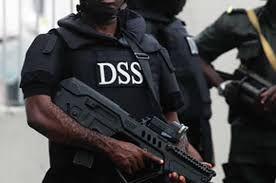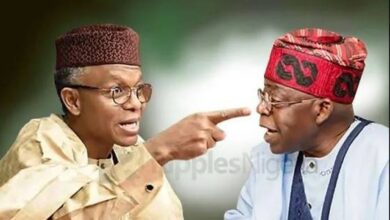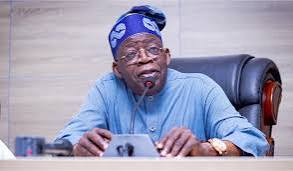The Deafening Silence of Igbo Elders in the Face of Self-Inflicted Ruin

August 26, 2025
By Olugbenga Adebamiwa
There comes a time in the life of every society when silence becomes more dangerous than speech, when inaction becomes complicity, and when the refusal of elders to guide a people amounts to betrayal. Today, in the Southeast of Nigeria, we are at that breaking point. The region that once stood tall as the pride of Nigeria’s enterprise, industry, and resilience is being quietly hollowed out by fear, insecurity, and a misguided struggle carried out in the name of liberation.
The tragedy is not merely in the blood spilled by unknown and known gunmen, or in the charred remains of homes and businesses reduced to ashes. The real tragedy lies in the indifference or worse still, the hypocrisy of the Igbo political class, business elites, cultural custodians, and think tanks. Men and women who are quick to comment on injustice elsewhere have suddenly lost their voices when their own land is drenched in blood. Their silence is not neutrality, it is betrayal. Their refusal to confront the truth is cowardice disguised as wisdom.
Consider the grotesque irony, every Monday, once-bustling cities like Onitsha, Aba, and Enugu turn into ghost towns. Streets empty, markets closed, schools shut, businesses paralyzed not by government order, but by the reign of fear. Fear of shadows. Fear of reprisals. Fear of “unknown gunmen” who are often very much known. Fear of neighbors who silently endorse terror in the name of a republic that will never be born through violence. And what do elders do? They whisper in corridors of comfort while ordinary people are strangled by the terror of the unknown.
The recent chilling video of “Gentle the Yahoo” executing his own armed boys should jolt every conscience. These young men, armed under the guise of defending Biafra, admitted they used their weapons not against the so-called oppressors but against their own people robbing passengers stranded on a faulty bus. Gentle, furious at their betrayal, shot them dead on the spot. Yet, beyond the spectacle of blood, the incident exposes a deeper truth, the Biafra struggle, hijacked by criminal opportunists, has become an unending cycle of violence that devours its own children.
Okigwe, Aku, and other towns across the Southeast are not just under siege by outsiders they are victims of their own sons who now cloak personal greed in the rhetoric of freedom. Villages emptied, farms abandoned, kidnappings normalized. Young men who should be building industries are manning roadblocks. Families who once thrived on trade are relocating to Lagos, Abuja, and Port Harcourt in search of safety. Ironically, many then seek to dominate their host communities, sparking resentment and rejection elsewhere. The homeland bleeds, yet its elders look away.
Where are the statesmen who boast of Igbo resilience at national conferences? Where are the billionaires who parade their influence in Abuja and lagos but cannot summon the courage to confront the descent of their homeland into anarchy? Where are the intellectuals who publish essays on marginalization but refuse to write one truthful line about the rot within? Why is it easier to shout at Abuja and lagos than to whisper a word of rebuke in Enugu or Owerri?
This silence is hypocrisy, and it is costing the region dearly. INEC has begun voter registration, yet the numbers coming from the Southeast are alarmingly low. The same people who lament political exclusion are voluntarily disenfranchising themselves by surrendering to fear. How can a people demand national relevance when their own house lies in ruins? How can they demand inclusion when they are steadily excluding themselves from the process that determines their future?
The truth is bitter but must be said, things cannot continue like this. Violence cannot birth freedom. Silence cannot restore peace. The Southeast needs courageous voices, not complicit whispers. Elders of thought, business leaders, and politicians must rise to condemn the desecration of their homeland with the same energy they summon when a tragedy occurs elsewhere. To remain silent is to abandon the people to despair. To remain neutral is to watch the house burn while holding a bucket of water in the other hand.
If the land is lost, history will not blame only the boys with guns. History will also condemn the elders who refused to speak, the leaders who refused to lead, and the thinkers who refused to think beyond their pockets. The Southeast is bleeding, and its soul is at stake. The time for silence has passed. The time to stand up, speak out, and reclaim the homeland is now or never.
Adebamiwa Olugbenga Michael writes from Lagos




